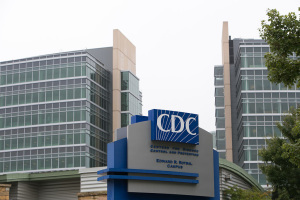Gene Therapy 2017: Drug Worth $1M, Withdrawn Due to Lack of Demand
UniQure launched the first commercial gene therapy treatment in drug form, promising a revolution in medicine. Named Glybera, the drug uses custom viruses that could reportedly inject genes that correct a rare disease with a single round of treatment. The company is now announcing the withdrawal of Glybera from the market, citing "extremely limited" use of the drug.
Gene therapy company UniQure made the announcement on Thursday, April 20, that the company is letting the European market approval for Glybera expire on its due date on Oct. 25, 2017. The company stated that they will not be working toward a renewal, signaling the exit of the drug from the market, according to Bionews.
The company explained the reason as "extremely limited" demand in the since its release in the market in 2012. With that, it looks like UniQure is giving up on the drug's widespread use. The price of the drug could have been a factor for the limited demand as Glybera costs $1 million per treatment, as noted by CBC news.
In fact, the "extremely limited" use scenario is limited to a single patient using the drug since its approval by European regulators in 2012. The drug was effective in this one case, so there is that good news. However, the number of cases of the rare disease that Glybera is supposed to treat, lipoprotein lipase deficiency, is too miniscule to gather meaningful data on the effects of the drug.
This means that healthcare providers and insurers have no data to refer to as to whether the $1 million treatment is worth it, according to Engadget. According to Aidan Hollis, economist at the University of Calgary, "This, combined with really high prices, plus rarity, seemed like the kiss of death."
Will this news be a huge setback for gene therapy? Mark Tarnopolsky of McMaster University in Hamilton, says Glybera's flop serves to caution the industry from investing too much on ultra-rare diseases and expect returns. Tarnopolsky noted that the industry is unfazed, and "are still pursuing gene therapies for more common disorders like Duchenne muscular dystrophy and spinal muscular atrophy. There are late-stage trials underway for both diseases," the researcher noted via CBC.




























